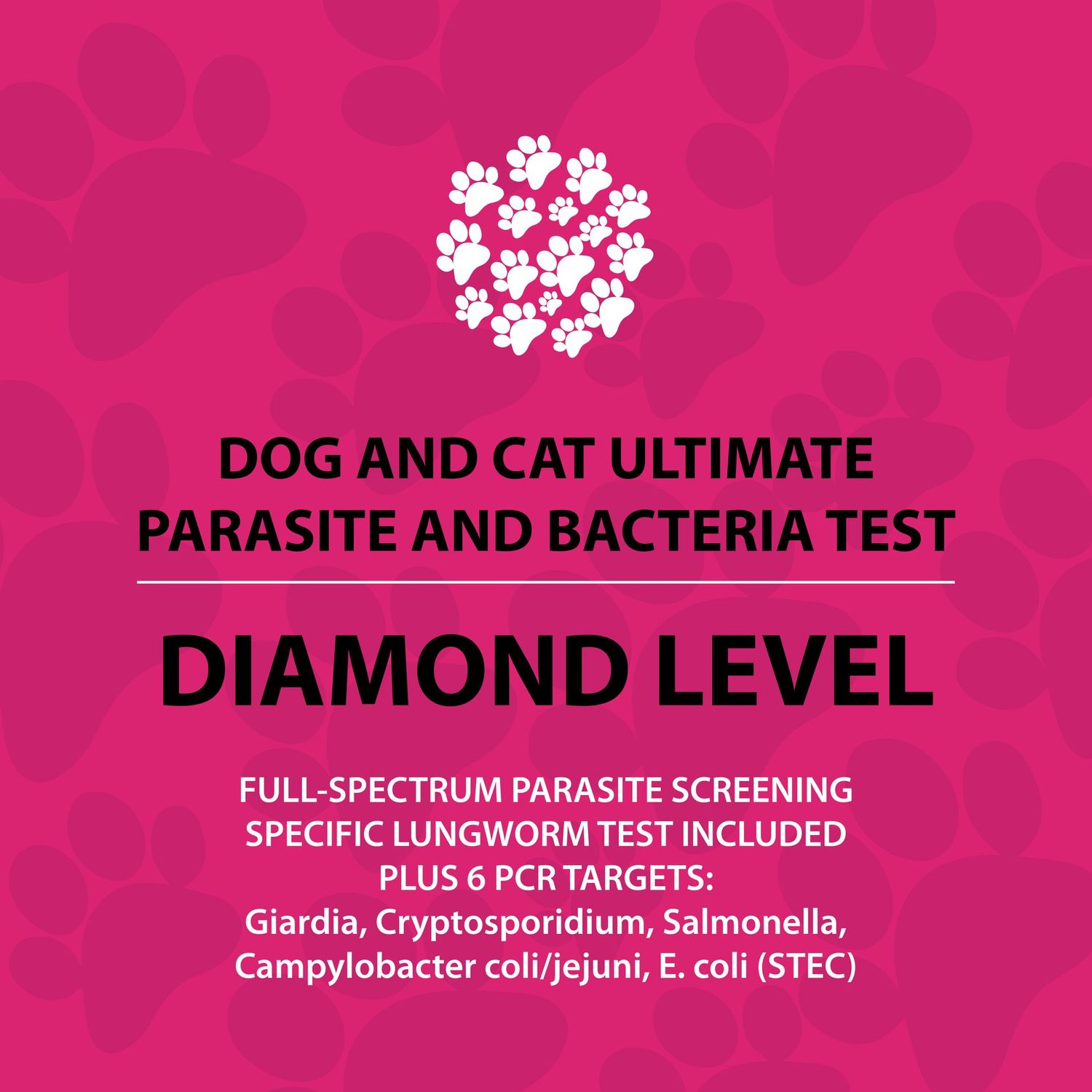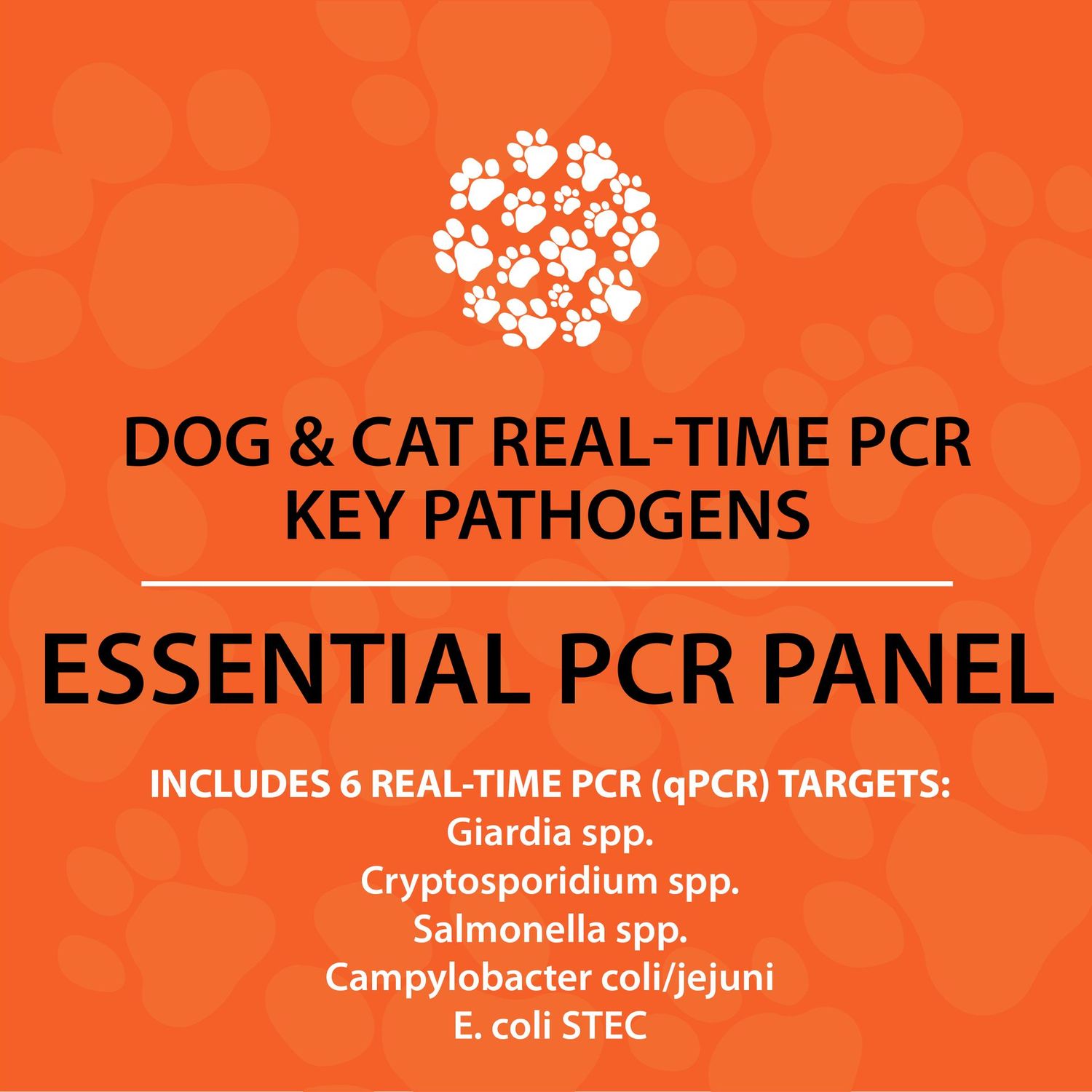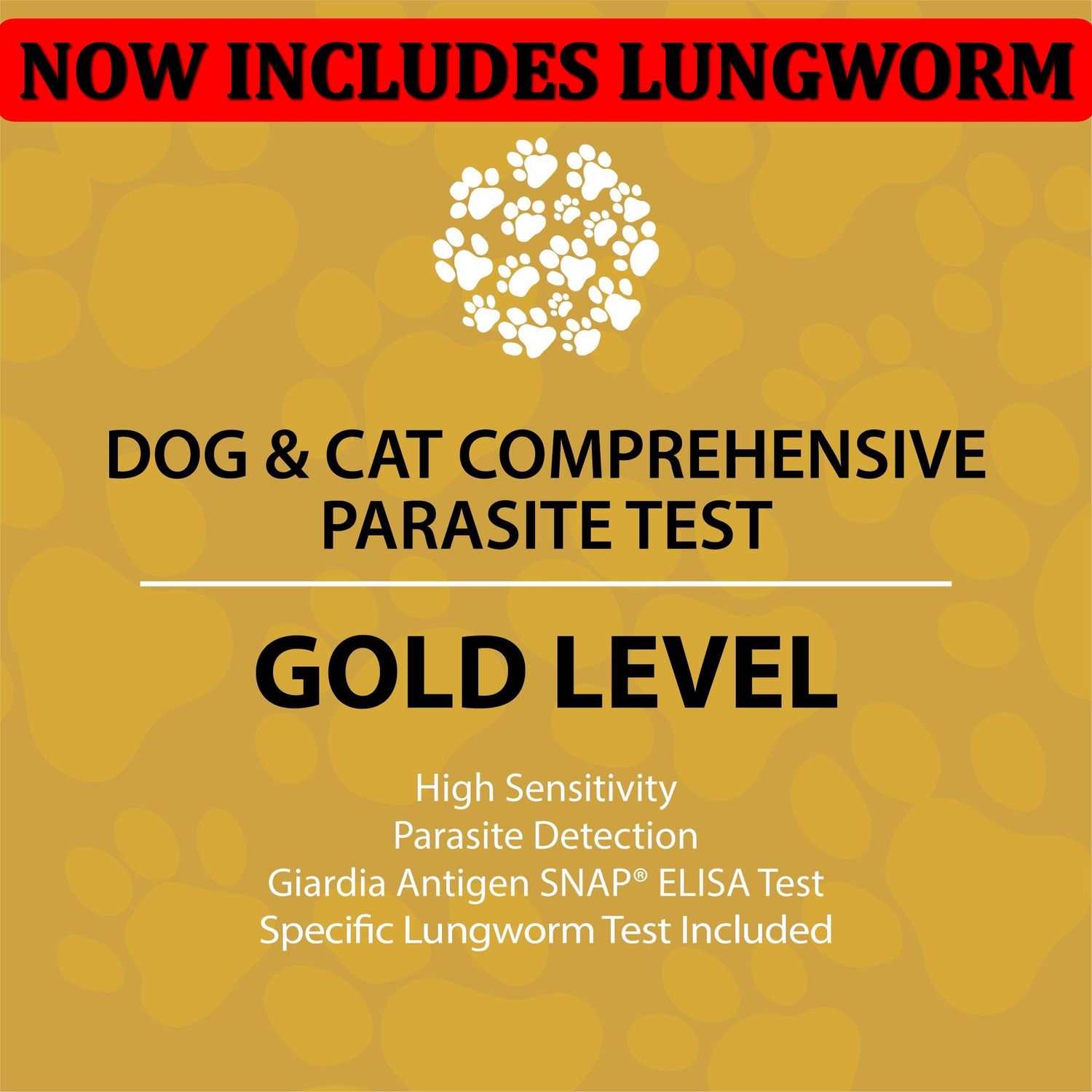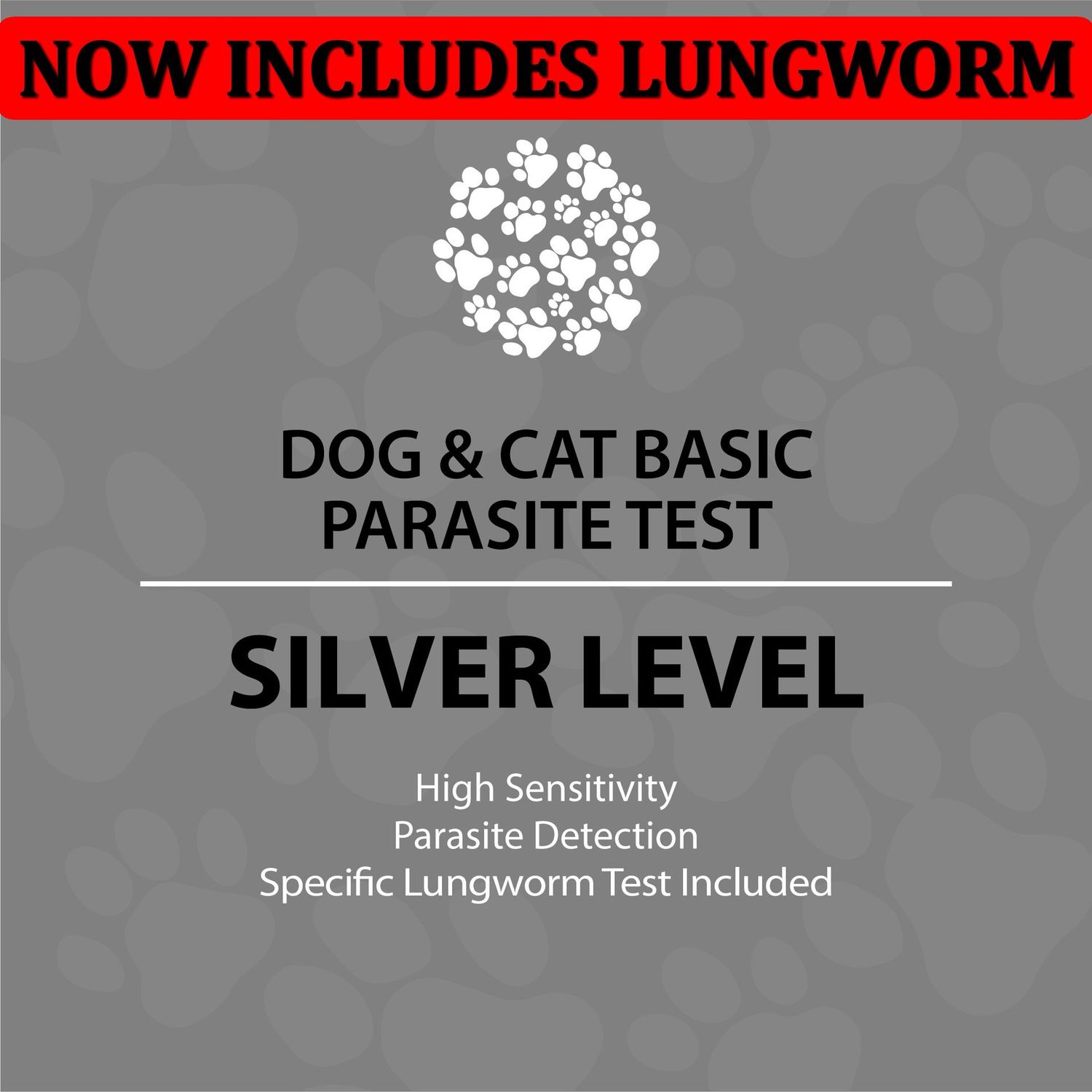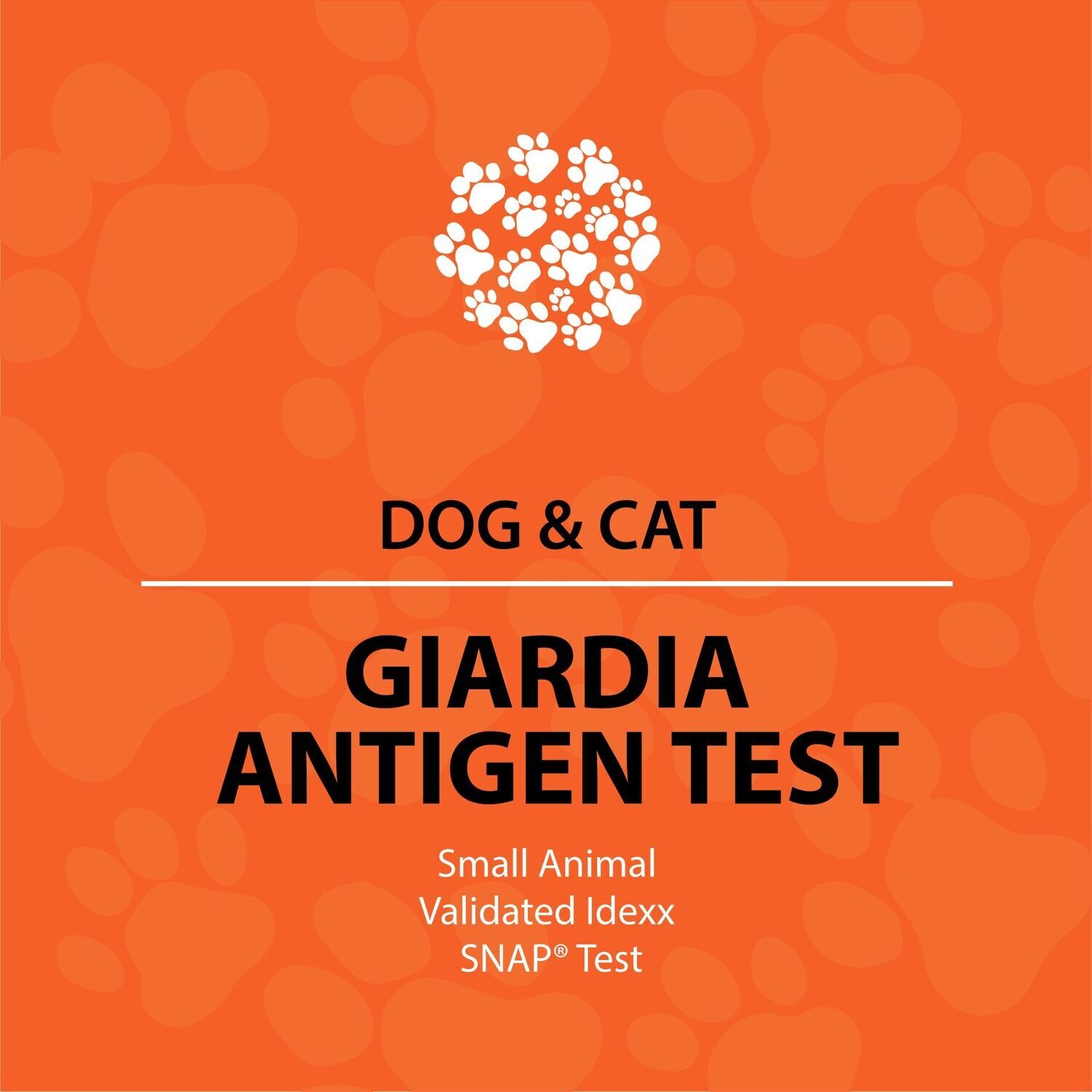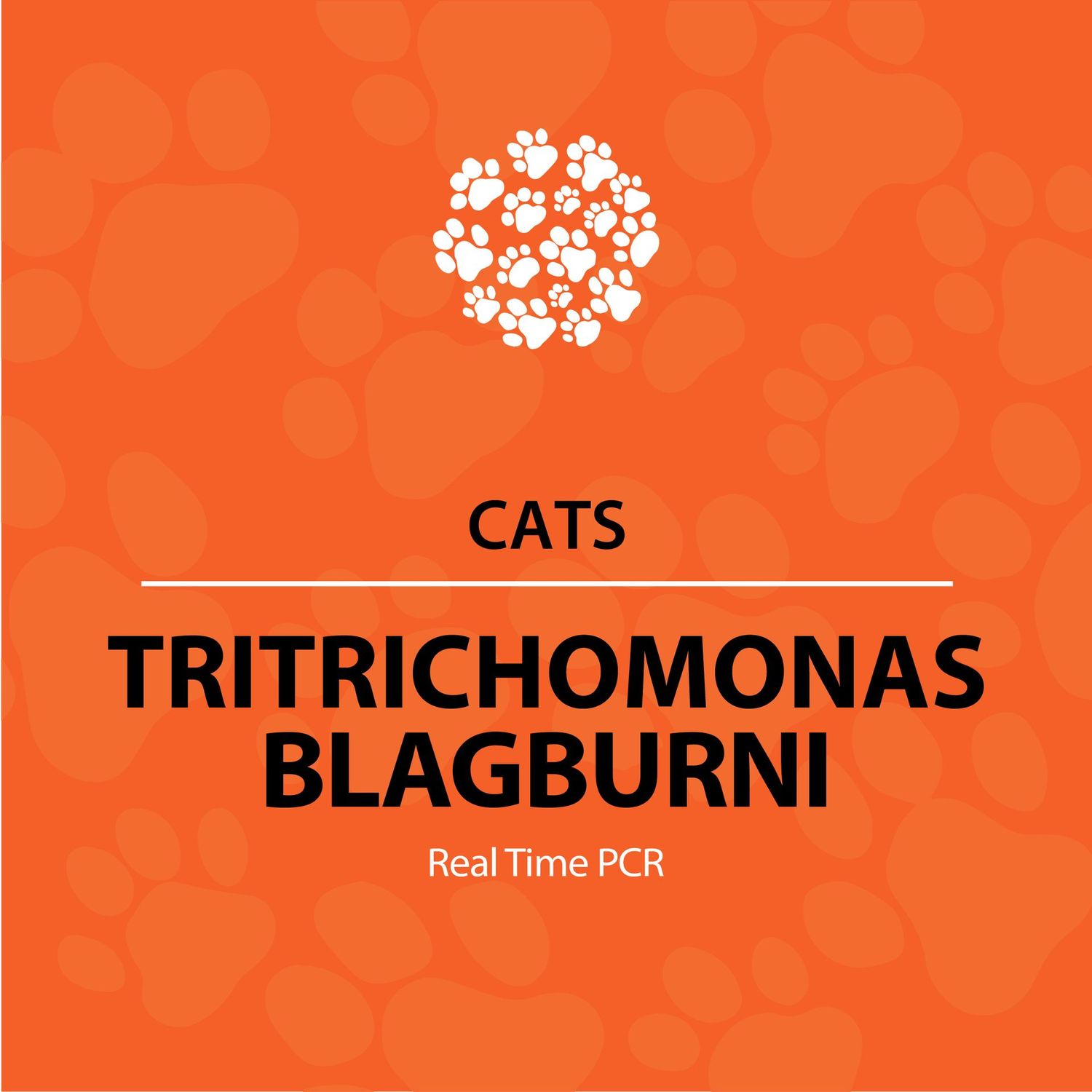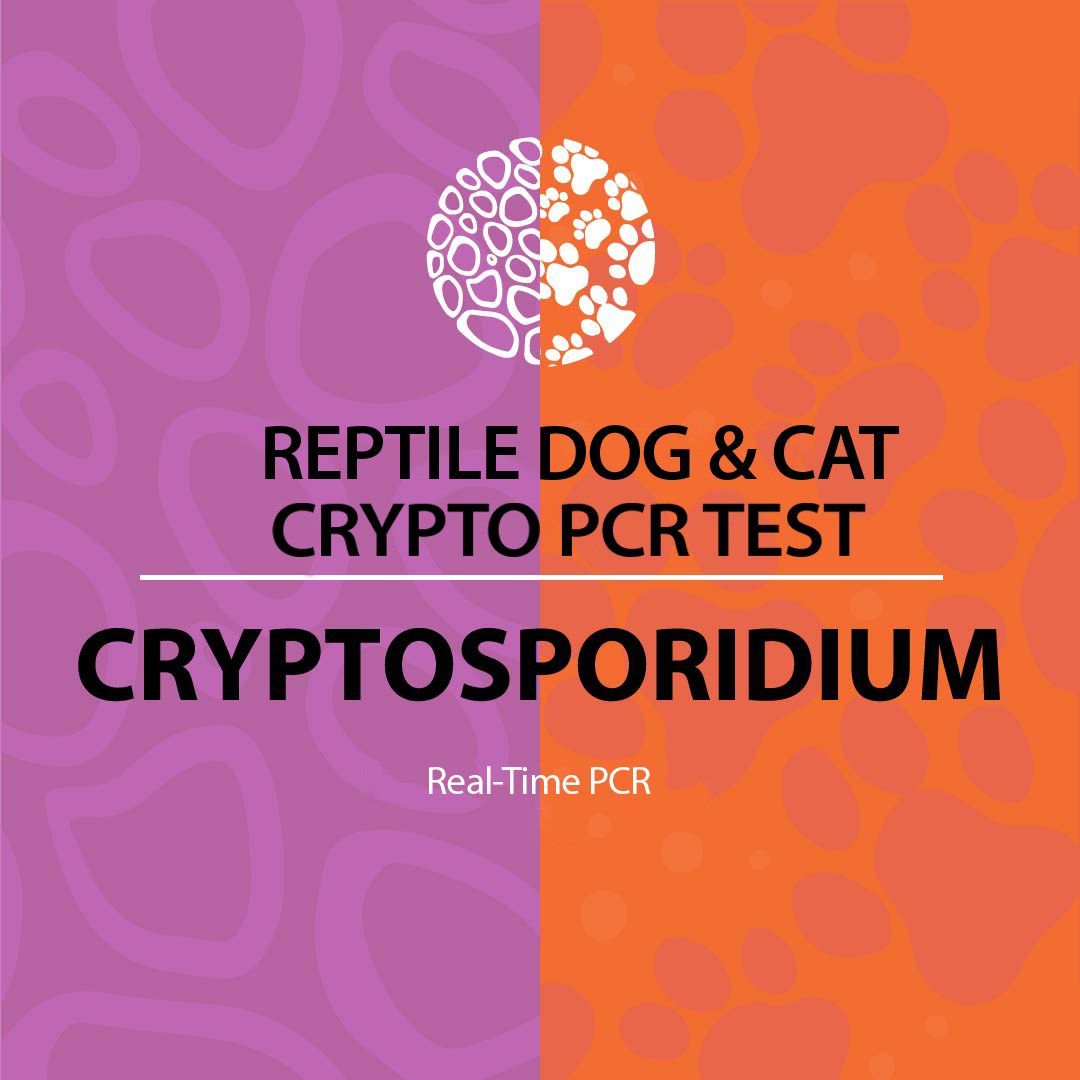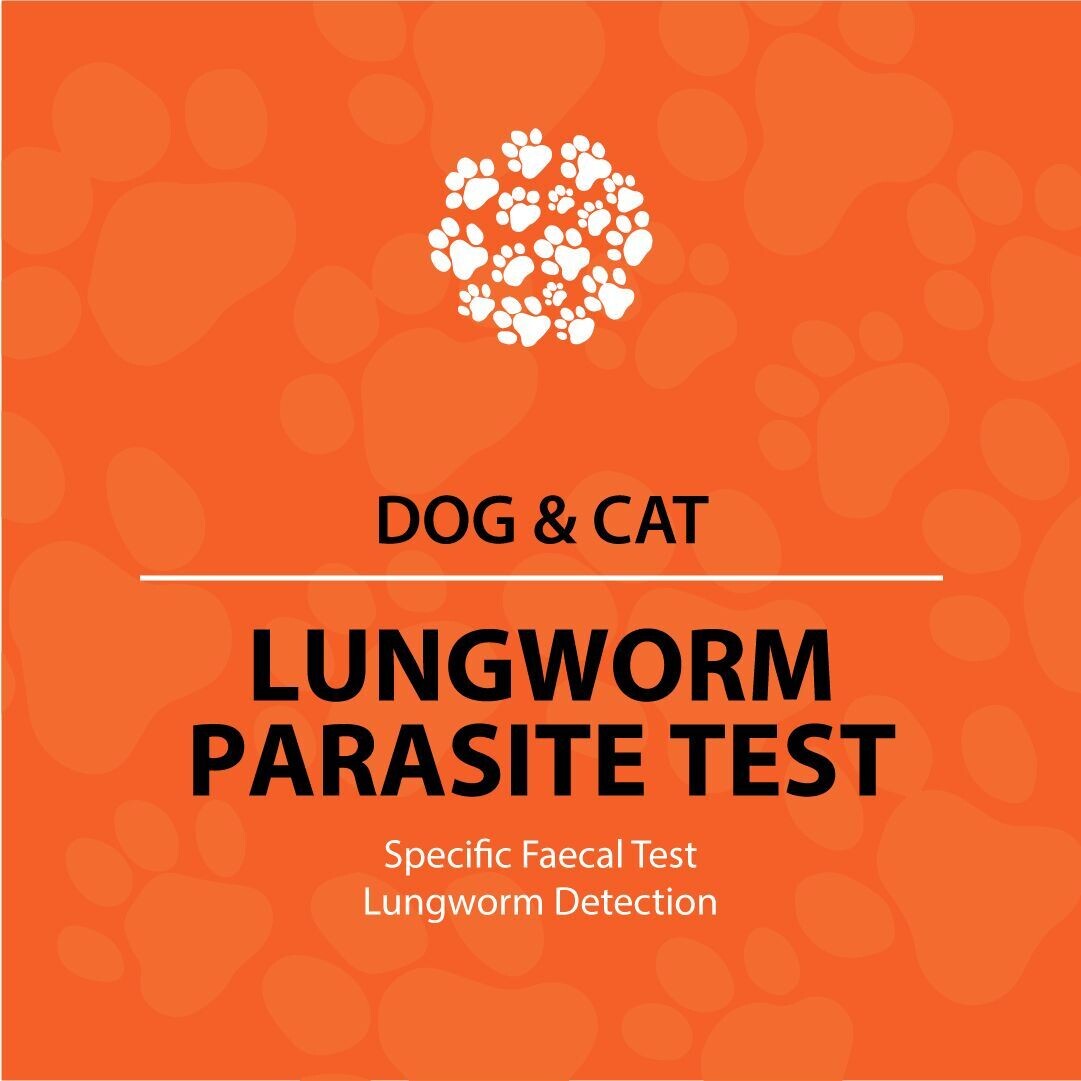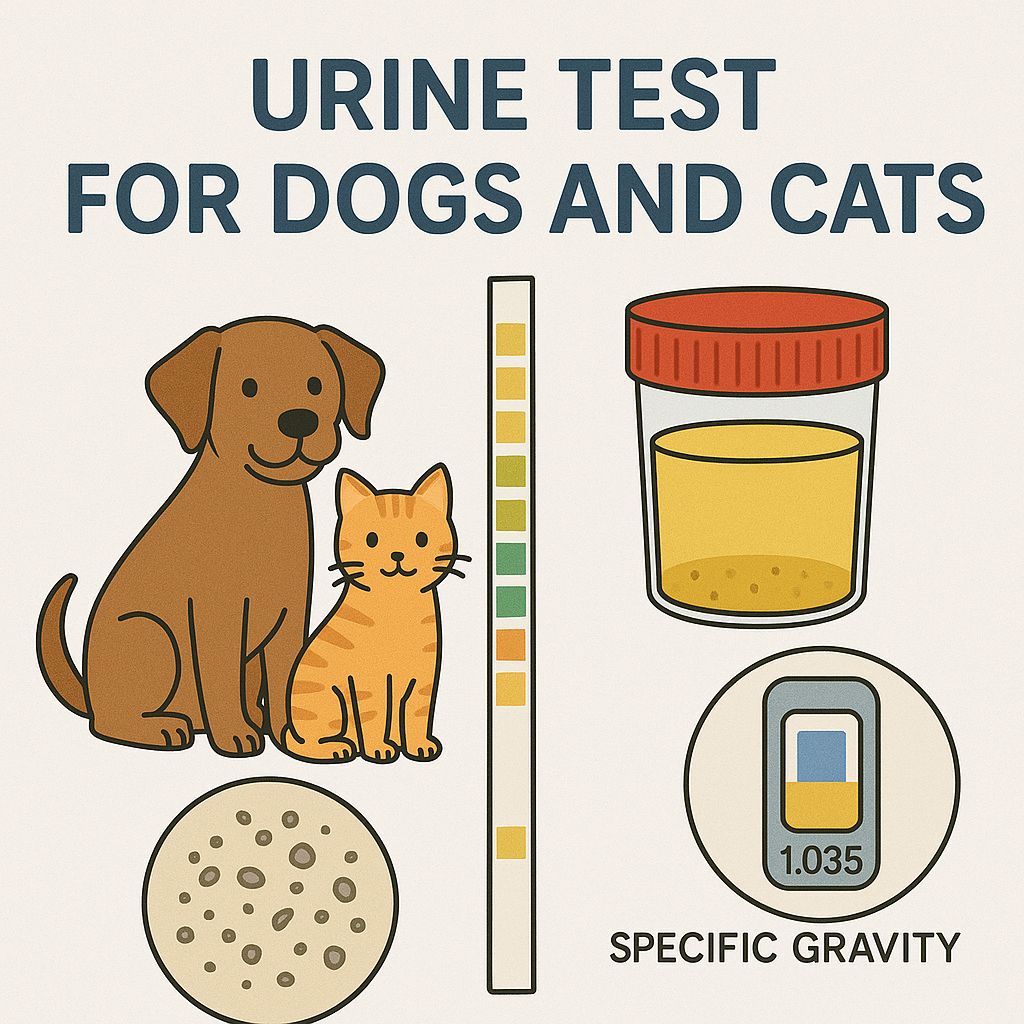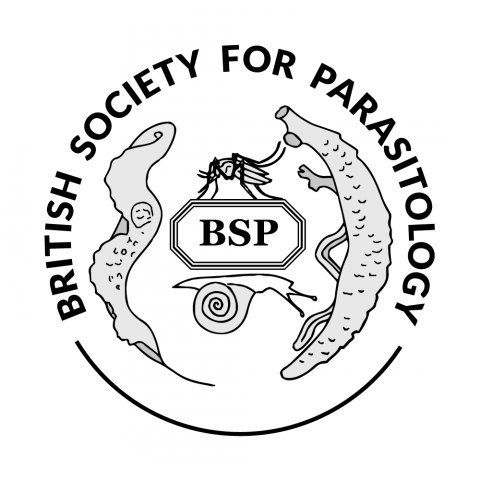Dog and Cat Testing
Microscopy - PCR - Trusted by Vets
Proud to test for RSPCA
Driven by Passion. Powered by Science.
ARTICLES
Campylobacter in Dogs, Cats and Reptiles
Understanding Zoonotic Risk
Campylobacter is often linked to food poisoning, but pets can also play a role. Not all Campylobacter species are the same, and understanding which ones affect dogs, cats and reptiles is key to protecting both animal and human health.
Read More
Digestive Supplements for Dogs and Cats
Gut Health Matters
A balanced gut microbiome is vital for overall health — but could supporting digestion with targeted supplements do more good than waiting for signs of imbalance to appear?
Read More
Clostridium perfringens in Dogs and Cats
Veterinary Relevant Bacteria
A pathogen commonly tested for in faecal profiles. But does it do more harm than nottesting a dog that is not presenting to the vets with haemorrhagic gastroenteritis?
Read More
Beware of Bogus Labs
Significance
The What should you look for when sending off a sample for testing?
What should you look out for when picking a lab or vet practice?
Here are some tips.
Tick-Borne Diseases
Hidden Pathogens
Although these pathogens affect more small animals in warmer climates, the UK is not free of them. Pets are travelling with owners more than ever, so it is important to know where you are going.
About Veterinary Medicines
What are they. Who can prescribe.
Ahere are hundreds of medicines or drugs in every category, some are prescription only and others are general sales that can be sold over the counter. Why do my vets say that they have to examine my pet?






